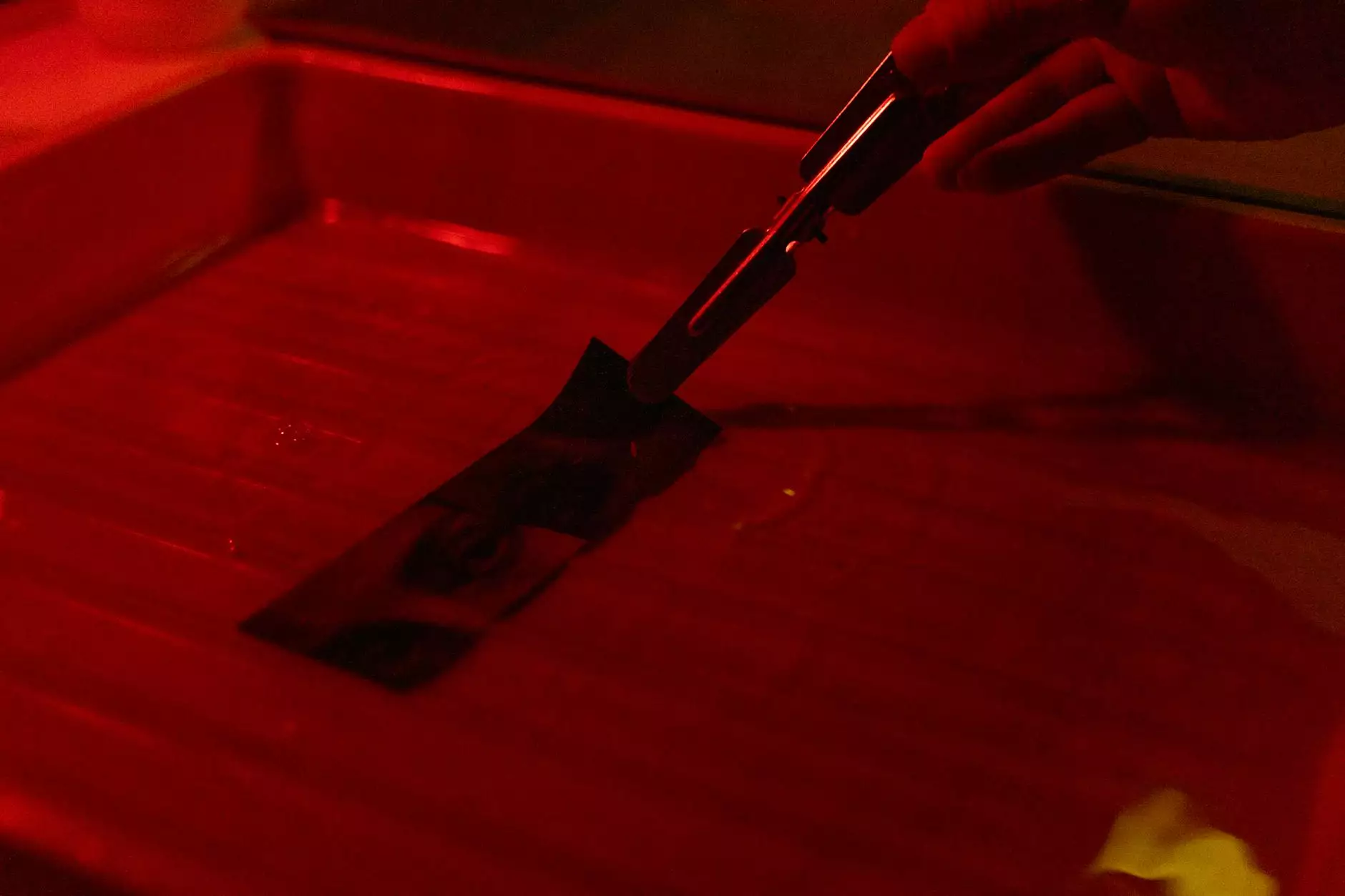Rashes
Skin Care
Understanding Different Types of Rashes
Welcome to our comprehensive guide on rashes, brought to you by Smith, Arthur F, MD in the field of health. In this informative article, we aim to provide a detailed understanding of various types of rashes, their causes, symptoms, and treatment options.
Types of Rashes
There are numerous types of rashes that can affect individuals of all ages. Each rash has distinct characteristics and may require different approaches for effective management. Some common types of rashes include:
- Atopic Dermatitis (Eczema) - This chronic inflammatory skin condition is often characterized by dry, itchy, and red patches.
- Contact Dermatitis - Contact with certain substances or allergens can lead to this rash. It usually appears as red, itchy, and sometimes blistered skin.
- Psoriasis - A chronic autoimmune condition that causes the skin cells to multiply rapidly, resulting in thick, scaly patches.
- Heat Rash (Miliaria) - This rash occurs when sweat gets trapped in the skin, often leading to small bumps, redness, and itchiness.
- Ringworm - Despite its name, this common fungal infection causes a ring-like rash that is typically itchy and scaly.
- Hives (Urticaria) - Hives are characterized by itchy, raised welts on the skin that can appear suddenly due to an allergic reaction.
- Shingles (Herpes Zoster) - This viral infection causes a painful, blistering rash that usually occurs in a specific area of the body.
Causes and Risk Factors
The causes of rashes vary depending on the type, but they can be attributed to various factors, including:
- Allergies - Rashes can be triggered by allergens such as certain foods, medications, or substances like latex.
- Infections - Bacterial, fungal, or viral infections can lead to specific rashes.
- Irritants - Contact with irritants like harsh chemicals, soaps, or fabrics may cause skin irritation and rashes.
- Autoimmune Disorders - Conditions like lupus or celiac disease can manifest in the form of rashes.
- Genetics - Some people may be more prone to certain types of rashes due to their genetic makeup.
- Environmental Factors - Heat, humidity, and exposure to sunlight can contribute to the development of specific rashes.
Symptoms and Diagnosis
Identifying the specific symptoms of a rash is essential for accurate diagnosis and appropriate treatment. Common symptoms associated with rashes include:
- Redness or Discoloration - Rashes often cause changes in skin color or the appearance of red patches.
- Itchiness or Irritation - Many rashes can be accompanied by intense itching and discomfort.
- Bumps, Blisters, or Ulcers - Depending on the type of rash, different types of skin abnormalities may be present.
- Dry or Flaky Skin - Some rashes cause excessive dryness or flaking of the skin.
- Burning or Stinging Sensation - Certain rashes may elicit a burning or stinging sensation.
If you experience persistent or severe symptoms, it is important to seek medical attention. A dermatologist, like Dr. Arthur F. Smith, can accurately diagnose your rash through a physical examination, medical history review, and potentially additional diagnostic tests.
Treatment and Management
Effectively treating and managing rashes primarily depends on the underlying cause and severity. Treatment options can include:
- Topical Medications - Corticosteroids, antifungal creams, and moisturizers are often prescribed to alleviate symptoms and reduce inflammation.
- Oral Medications - In certain cases, oral medications such as antihistamines or antibiotics may be necessary to treat the underlying cause.
- Moisturizing and Skincare - Proper skincare routines and regular moisturizing help improve the overall skin condition and minimize flare-ups.
- Lifestyle Modifications - Avoiding triggers, maintaining a healthy diet, and managing stress levels can contribute to long-term rash management.
It is important to consult with a dermatologist who specializes in rash management for a personalized treatment plan tailored to your specific needs.
Prevention
While not all rashes can be prevented, there are steps you can take to reduce the risk of developing certain types. Recommendations for preventing rashes include:
- Avoiding Allergens - Identify and avoid substances or allergens that trigger allergic reactions leading to rashes.
- Proper Hygiene - Regular handwashing and maintaining clean skin can help prevent some infections that cause rashes.
- Using Protective Measures - Wearing appropriate protective clothing and using sunscreen can shield the skin from harmful UV rays or harsh chemicals.
- Staying Hydrated - Keeping the skin well-hydrated helps maintain its integrity and reduces the likelihood of certain rashes.
- Managing Stress - High-stress levels can contribute to certain skin conditions; therefore, finding effective stress management techniques is crucial.
- Following a Healthy Lifestyle - Eating a balanced diet, exercising regularly, and getting enough sleep supports overall skin health and reduces the risk of developing rashes.
Expert Care for All Your Rash Concerns
At Smith, Arthur F, MD, we specialize in diagnosing and treating various types of rashes. Dr. Arthur F. Smith and our dedicated team of dermatologists are committed to providing the highest level of care and expertise.
If you have concerns about a rash or are seeking professional advice, please schedule an appointment with Smith, Arthur F, MD, and let us help you find effective solutions for your skin condition.




